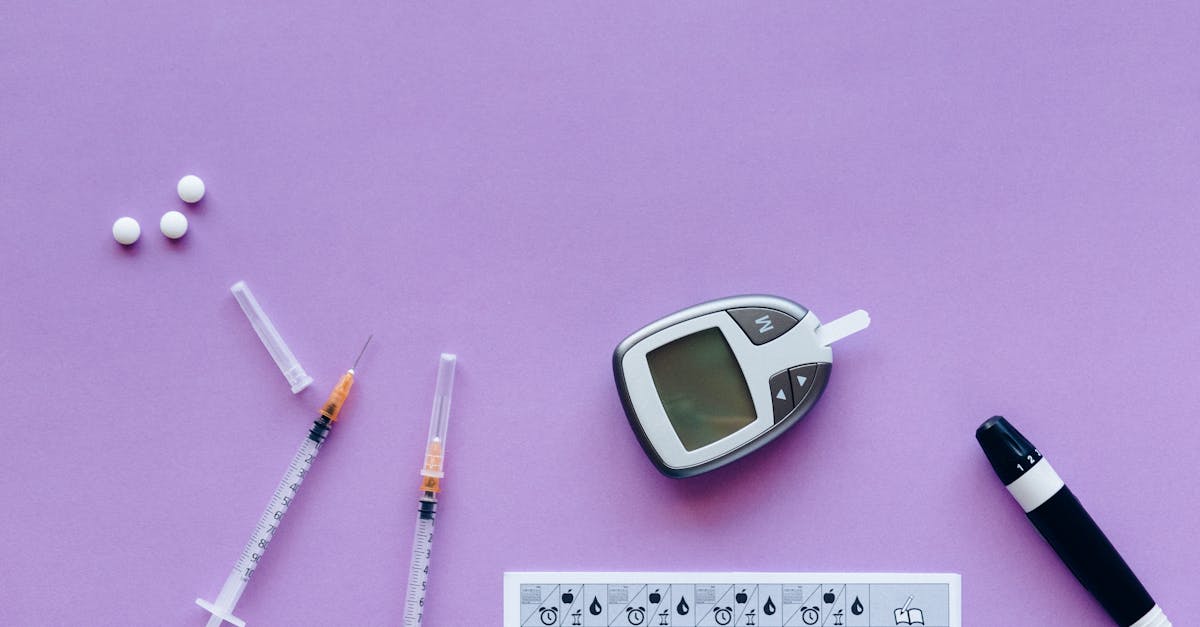Published on:
5 min read
Weight Loss Injections: A Breakthrough in Shedding Pounds
Weight loss injections have emerged as a revolutionary option for individuals struggling to shed excess pounds. These innovative treatments aim to boost metabolism and suppress appetite, offering a helping hand in the weight loss journey.

Understanding Weight Loss Injections
Weight loss injections, often administered by healthcare professionals, are designed to enhance weight loss efforts. These injections typically contain compounds that can stimulate metabolism, suppress appetite, or promote fat burning. Common ingredients include hormones such as glucagon-like peptide-1 (GLP-1) analogs, which have been shown to reduce hunger and enhance feelings of fullness. By incorporating these injections into a personalized weight loss plan, many individuals have reported significant reductions in body weight and improved overall health. However, it’s crucial to understand that these treatments are not magic solutions; they should complement a balanced diet and regular exercise for optimal results.
The Science Behind the Injection
Research into weight loss injections has shown that they can lead to substantial weight loss and health benefits for some individuals. The key mechanism often involves the modulation of hormones that control hunger and energy expenditure. For example, GLP-1 analogs not only decrease appetite but also facilitate the regulation of blood sugar levels. Studies have indicated that individuals using these injections can lose up to 10-15% of their body weight over a year when combined with lifestyle changes. Additionally, other compounds like lipotropic agents focus on fat metabolism, helping the body utilize stored fat as energy effectively. This scientific backing sets the groundwork for the growing popularity of these injections as viable weight loss tools.
Risks and Considerations
While weight loss injections can be a breakthrough for many, they are not without risks and considerations. It’s essential to consult healthcare providers before starting any injection regimen, as individual health conditions and medications can affect suitability. Possible side effects may include nausea, diarrhea, or more serious complications, although these are relatively rare. Moreover, the long-term effects of these injections are still being studied, making it imperative for users to stay informed. Regular follow-up with a medical professional can help mitigate risks and monitor progress effectively. As with any weight loss method, it's vital to consider these factors and approach treatment holistically.
Conclusion
In summary, weight loss injections represent a promising advancement in the battle against obesity. They offer a potential boost to those struggling with weight loss by enhancing metabolism and reducing appetite. However, it is essential to approach these treatments thoughtfully, combining them with lifestyle changes for the best outcomes. Always check with healthcare professionals to ensure safety and effectiveness as part of your weight loss journey.
Published on .
Share now!










